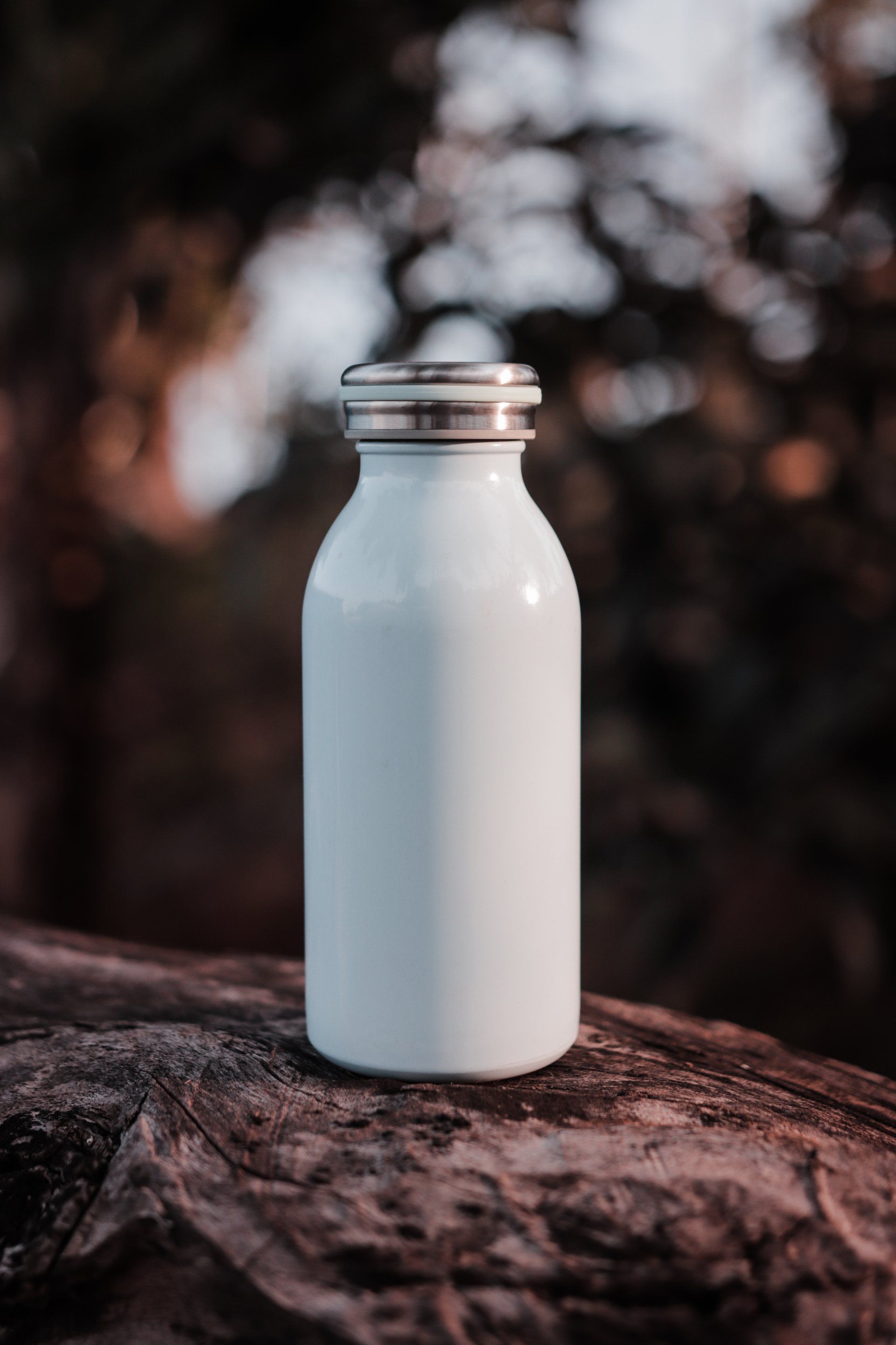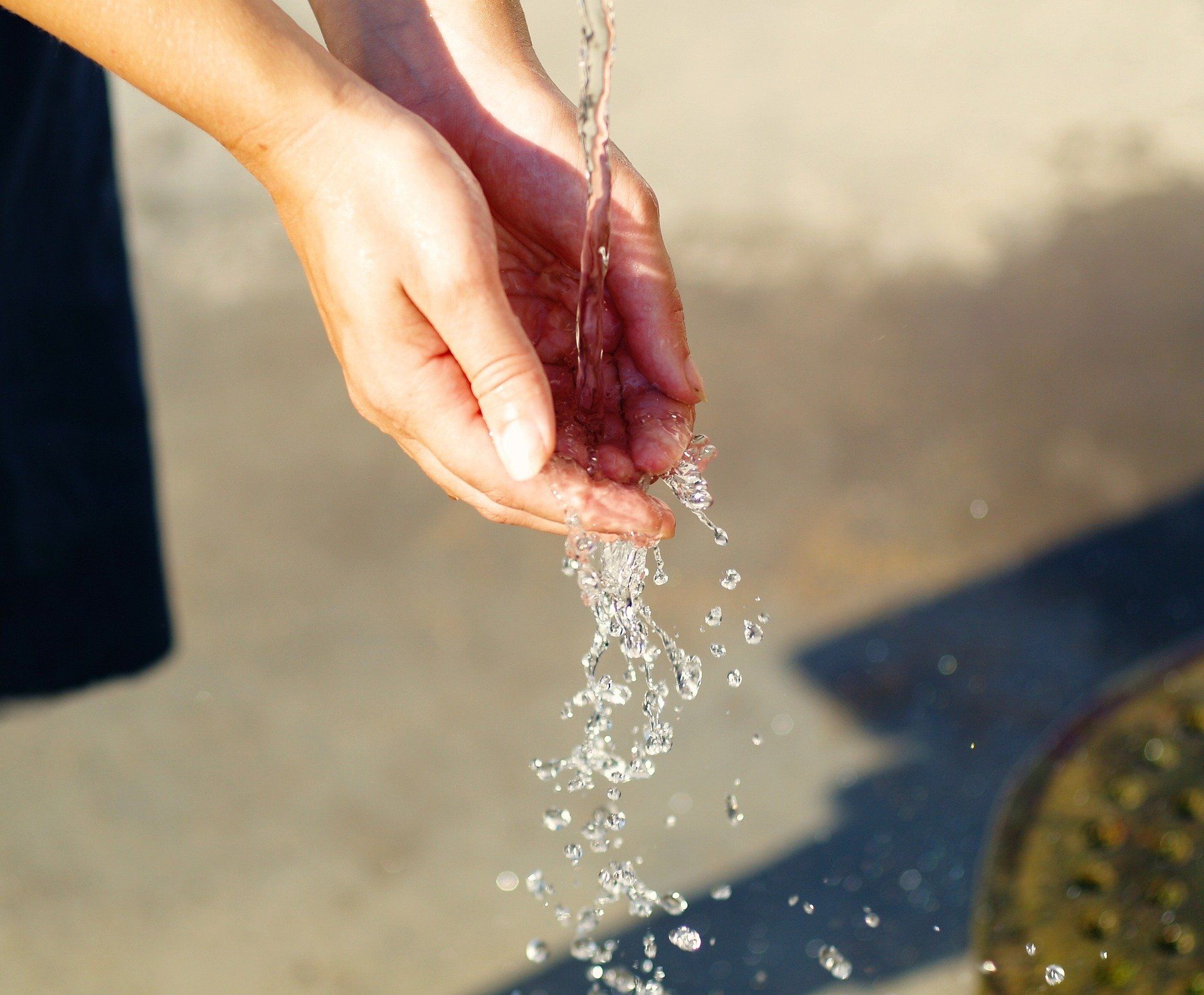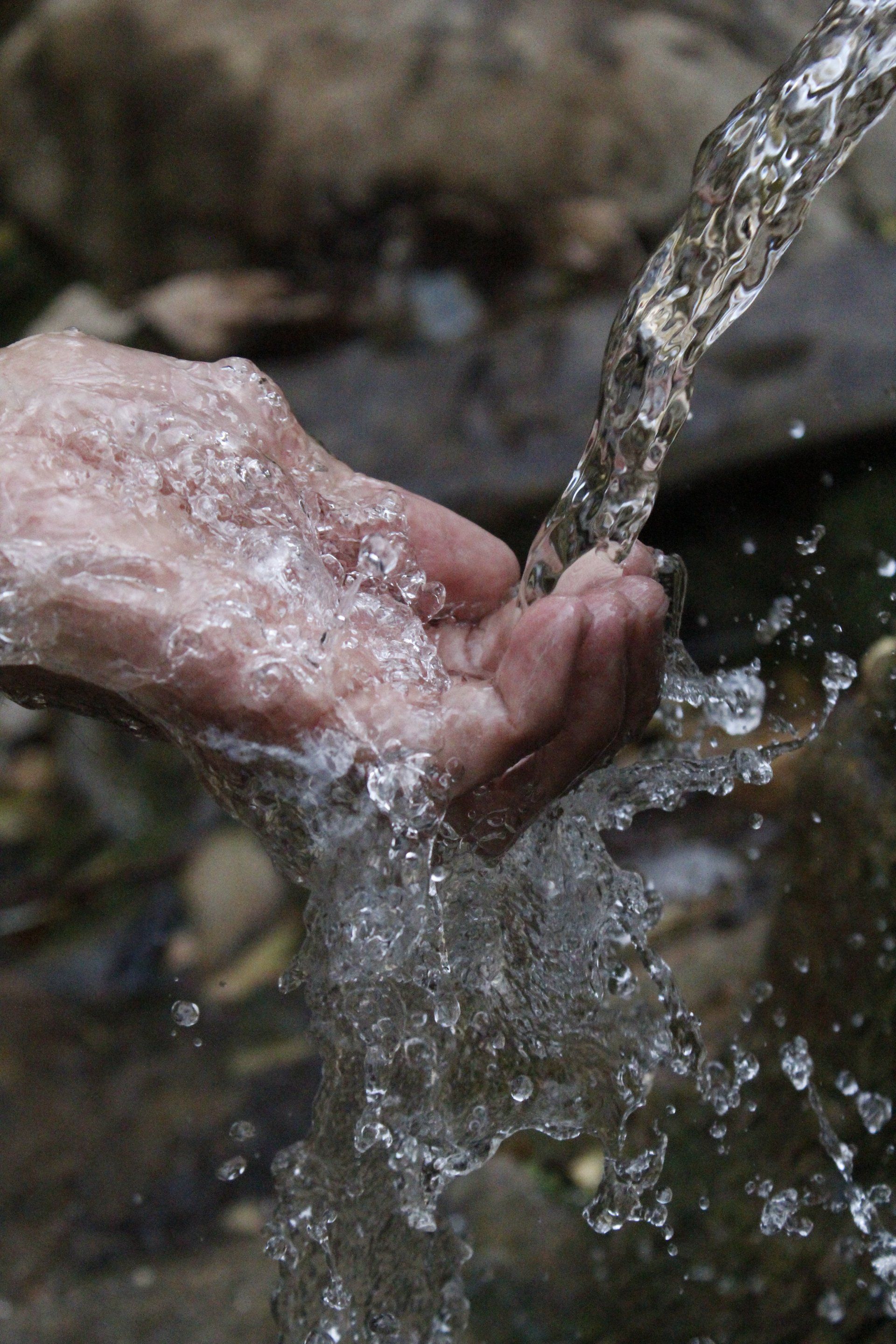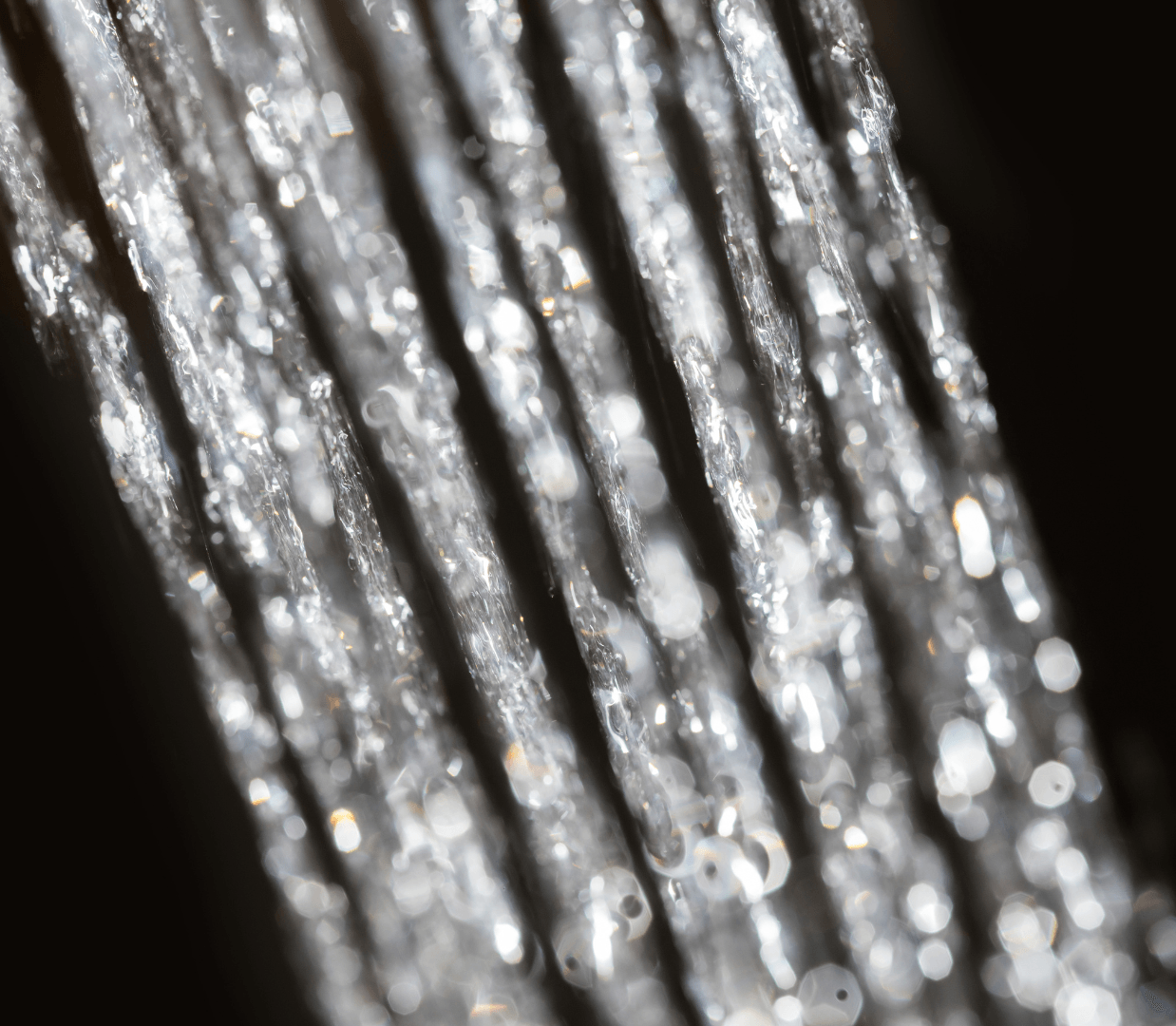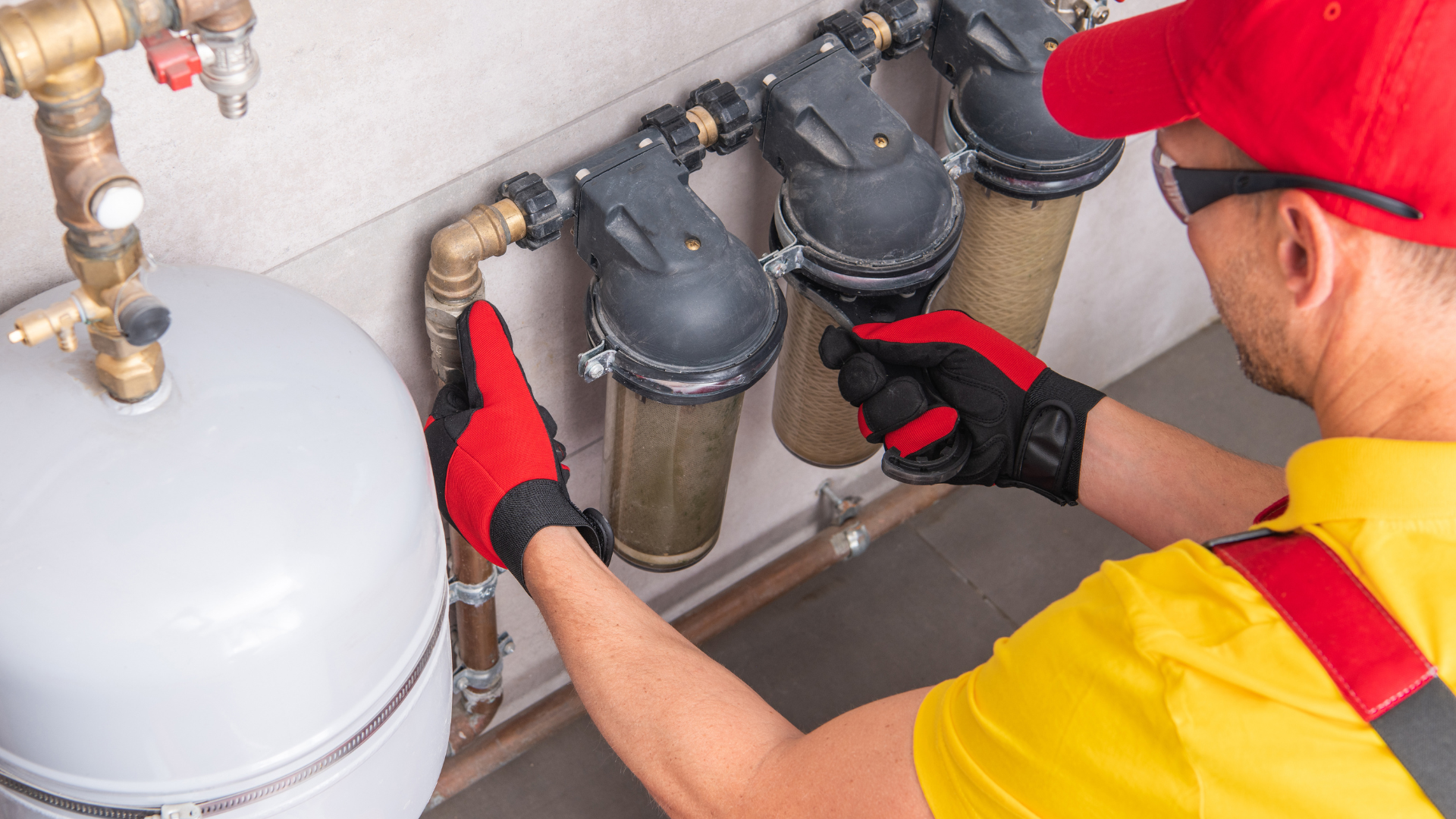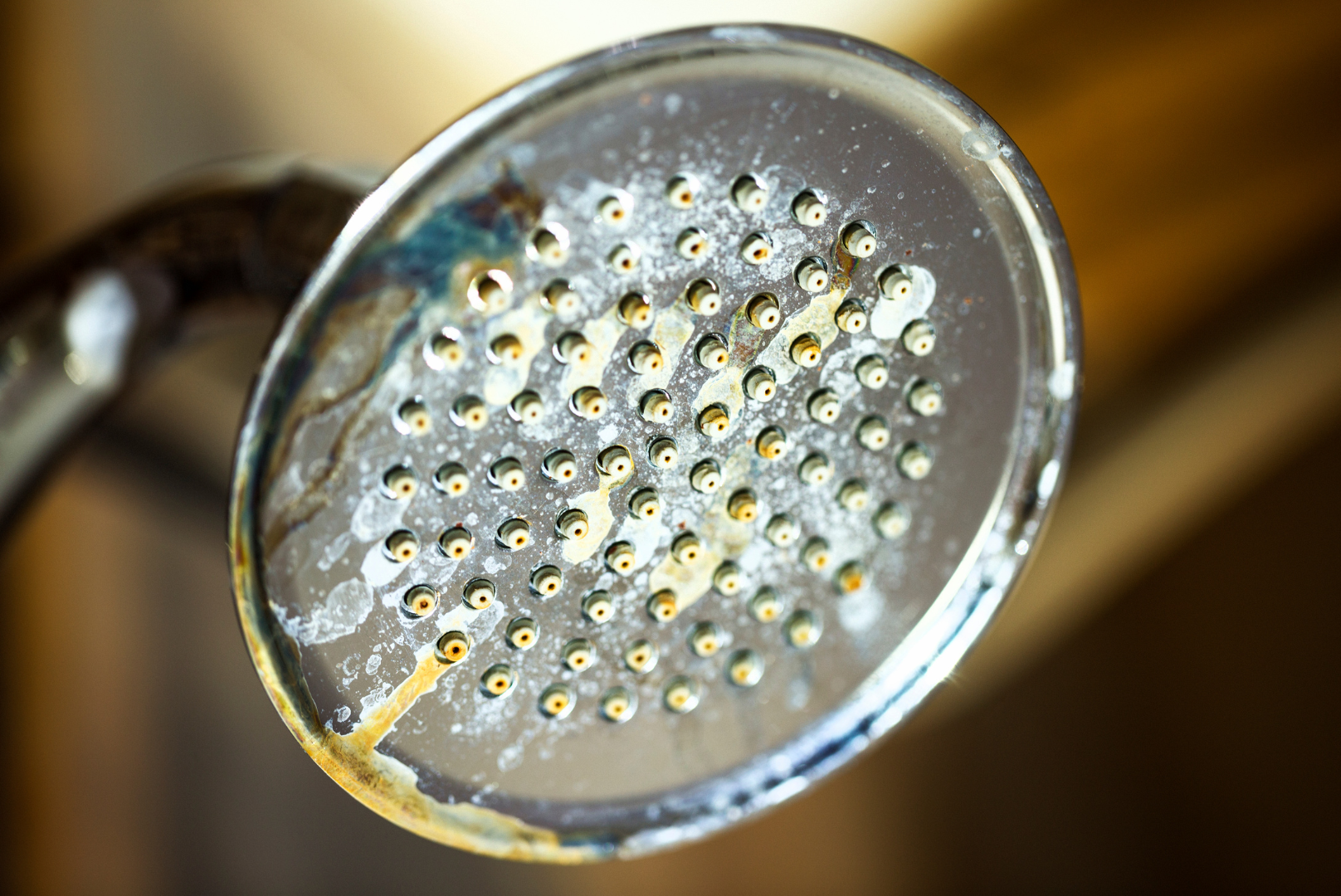The Importance of Well Water Filtration
Well water is the perfect solution for many rural homeowners and people who wish to be self-sufficient in their consumption. Those who draw their water from natural aquifers and other groundwater sources are not beholden to local mandates or usage fees, and the independence that owning one’s own water source allows is extremely attractive to many people.
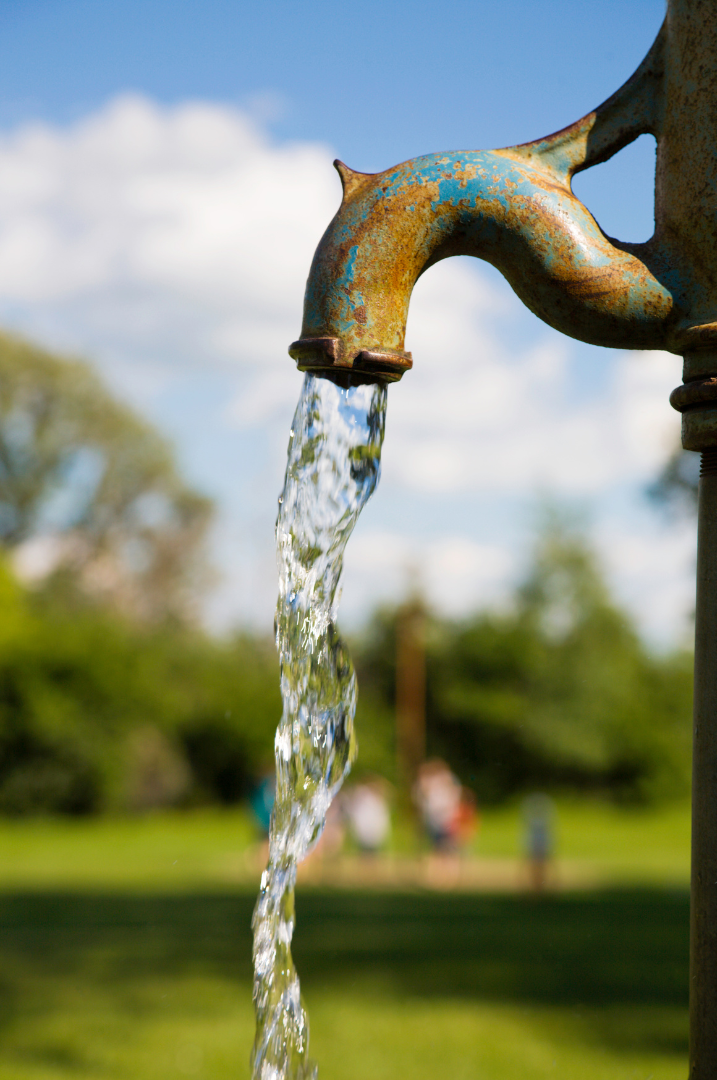
This independence isn’t without its own list of caveats. That’s the thing about owning your own water: You own both the asset
and
the liability that comes with it. Well water is completely unregulated in the United States, which means that it is neither treated nor tested like municipal water sources. Fortunately for folks who draw their own water from wells, the vast majority of these potential issues can be prevented with a proper water filtration system and regular testing. Let’s take a look at some of these issues that clearly demonstrate the importance of well water filtration.
Hard Water
What exactly is “hard water?” Put simply, water hardness refers to the amount of dissolved mineral content in a water supply; specifically calcium and magnesium. Though we typically associate the term “solvent” with toxic chemicals such as acetone and isopropyl alcohol, water is actually a powerful solvent itself, leaching out small amounts of minerals and holding them as a solution as it passes through the ground.
For reasons that are self-evident, well water is especially notorious for its hardness. Though not generally toxic to humans, hard water can wreak havoc on pipes in the form of scaling. After some time this scaling can lead to expensive burst pipes and cause sewer backups. Anyone who has dealt with hard water can also tell you how much of a nuisance it can be when washing dishes and clothes as it causes detergents to be drastically less effective.
Luckily, hard water is an issue that is easily treated with a water softening and filtration system.
Toxic Contamination
All of humanity’s innovation and incredible productive output comes at the cost of introducing innumerable contaminants into our aquifers.
Agriculture is one of the largest contributors to well water contamination. Animal waste can lead to toxic biological growths in wells as effluent from septic tanks and lagoons leach into groundwater causing gastrointestinal disease and other illnesses. Nitrates and nitrites found in fertilizers will eventually find their way into aquifers and can be fatal if consumed in high enough concentration.
Industry is another culprit. Leakage of heavy metals and organic compounds is common and over time can cause disease of multiple organs and cancer. Radioactive elements are released in mining operations such as fracking and coal extraction and are extremely harmful if consumed.
Residential communities also contribute to groundwater contamination through leaking oil storage tanks, lawn fertilizers, household chemicals, and sewer lines.
Even fluoride, which is added in minute quantities to municipal water supplies to prevent tooth decay, can be found in excessive quantities in well water, leading to fluorosis in humans and animals which causes severe damage to bones and teeth.
All of these different contaminants can very easily be present in well water, and it’s incumbent upon the property owners to rectify. Remember that well water is wholly unregulated, meaning that the local government is under no obligation to treat or test your water. If you do not have an adequate filtration system in place, you are risking the health of your family and your property.

Fortunately, Quality Water Inc. is equipped with state-of-the-art filtration and water softener systems that keep you and your family safe. If you are currently using well water or are thinking about switching, make sure to reach out to us so that we can make sure you are getting the best protection possible.
